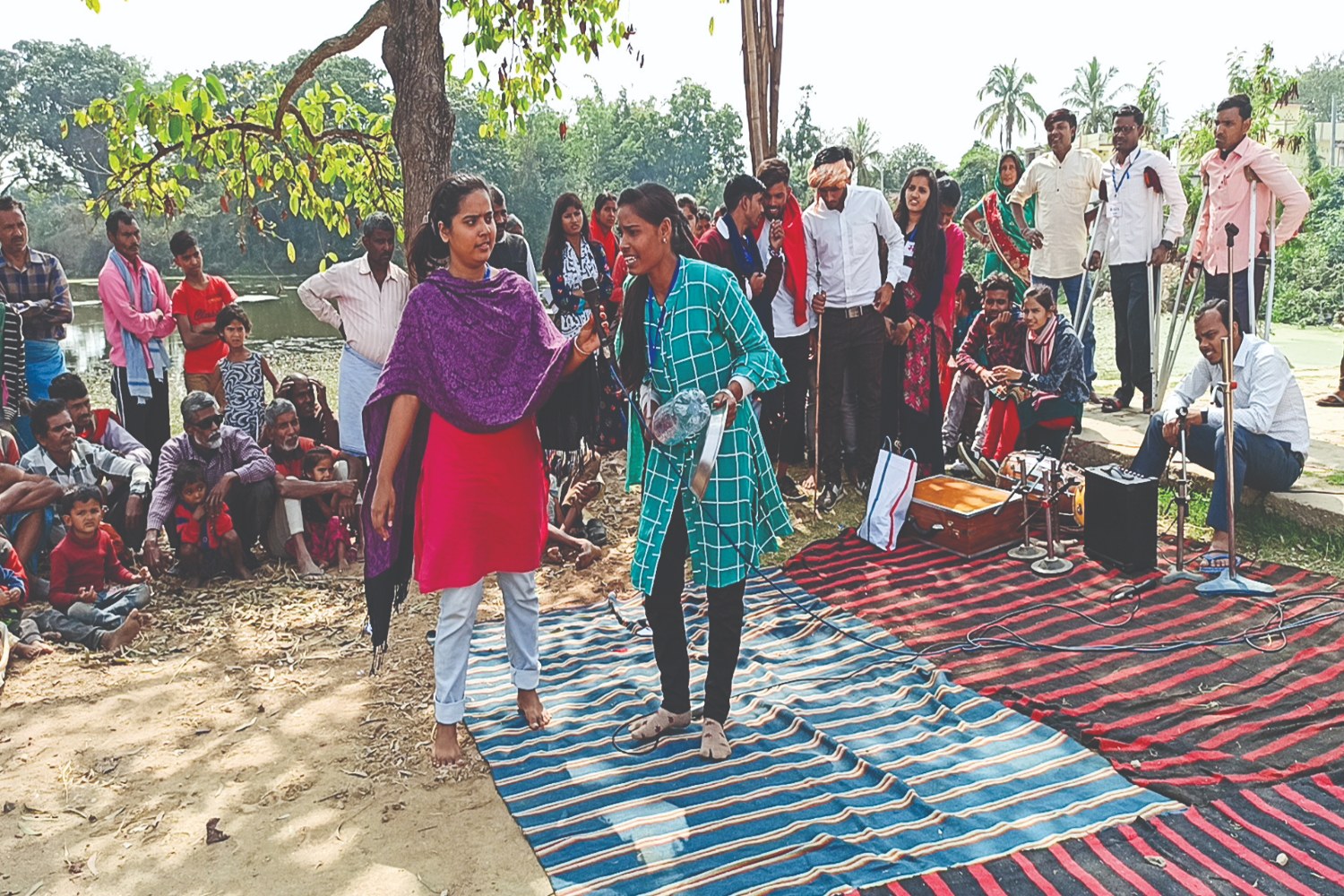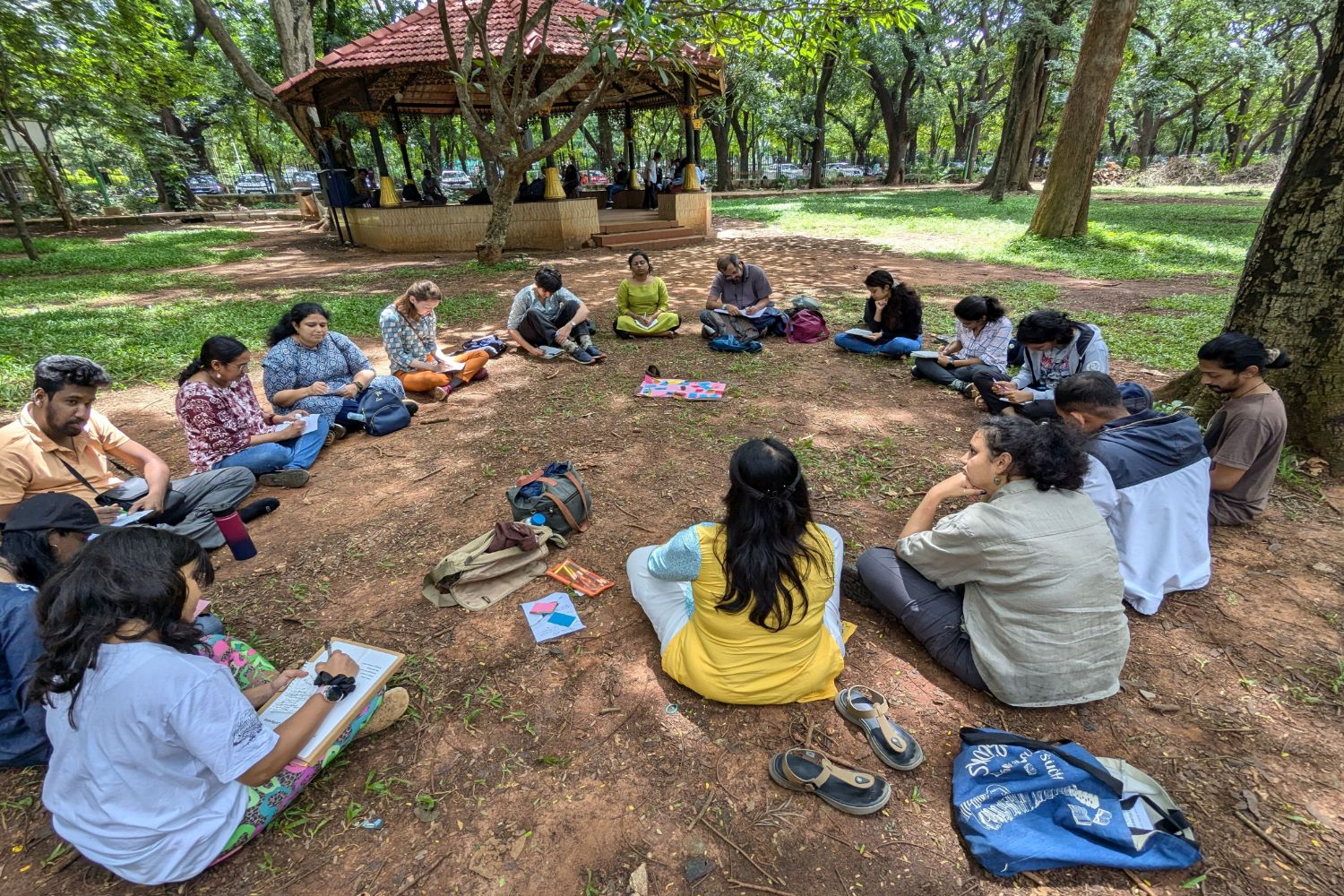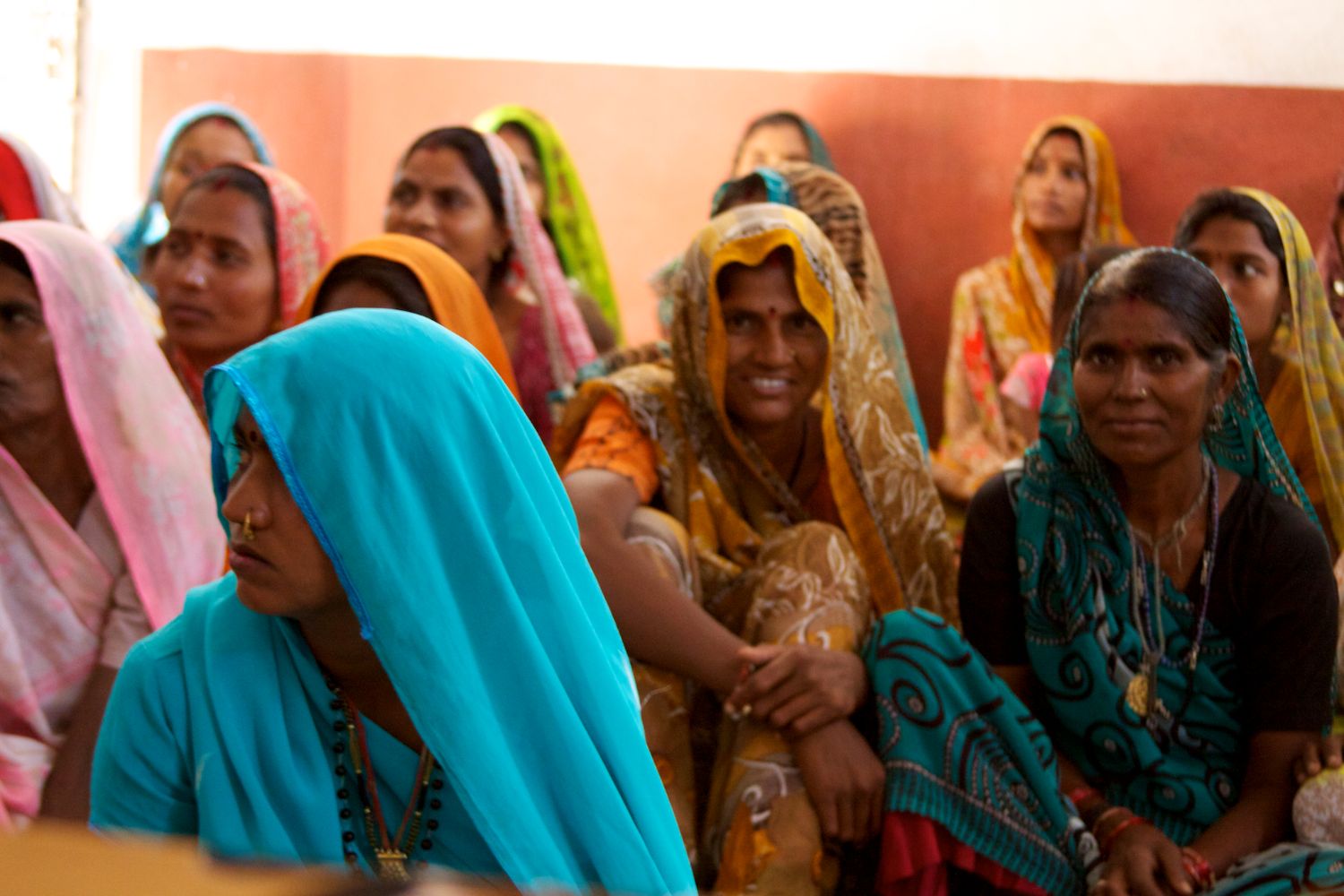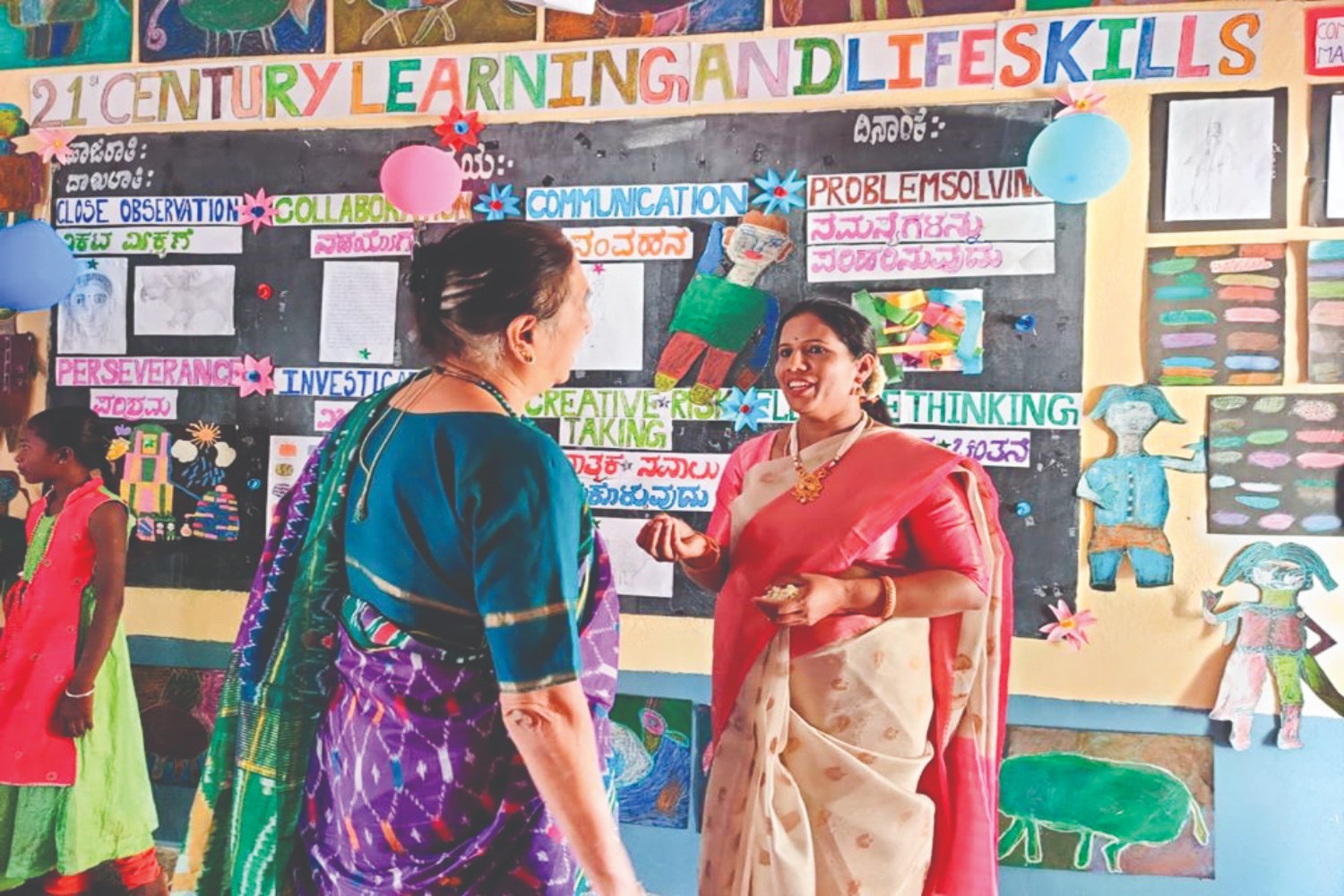What is Capacity and How to Build It – Learnings from Experiences of Resource Organizations
In the piece titled ‘What is Capacity and How to Build It’ we learn about audio-visual resources about the capacity building journeys of three Resource Organizations from Wipro Foundation’s Partners’ Network that can aid us in our practice.

Capacity is a complex thing. But at its core is the idea of the ability to do things and the process of gaining this ability and executing it. The capacity in question might be for something concrete at the individual level. For example, it might refer to the ability to take a class on the number line with young children and contribute to their understanding on the subject. Or it might refer to some more abstract and intangible individual attainment; e.g., the ability to interact with colleagues in a non-judgmental fashion without the burden of personal expectations. At the organizational level, similarly, it might refer to something concrete, like learning to work in a new thematic area such as making coding fun for high school students. Or it might refer to something far subtler – like the ability to create a culture of meetings in the organization where these are conducted democratically, with all voices being heard, respected and given equal importance.
In this piece, we share with you a few audio-visual resources of interactions with Resource Organizations from Wipro’s Partners’ Network, that cover the whole range of this terrain. In these videos, organizations share a bird’s eye view of their journeys, and tell us fascinating stories of learning to work in the various areas they have chosen for themselves.
Jodogyan
Jodogyan is a Delhi-based non-profit that has been active as a resource organization, working in the field of math learning in schools, for more than two decades now. In the videos that we share, two senior people from the organization discuss many relevant themes related to capacity building. They link processes related to capacity building to questions about motivation and experimentation in pedagogic processes.
In this context they foreground the centrality of the classroom as a site for learning for everything related to school education. They stress the need to link insights borne from classroom practices to policy making and program development exercises.
They also highlight the importance of keeping abreast of relevant research. They also foreground that processes of capacity building at the individual and organizational levels are slow and organic, and need time for their unfolding.
Website: https://jodogyan.org/
JodoGyan Video Playlist:
Nature Conservation Foundation
Nature Conservation Foundation (NCF) was set up in 1995. It works in the fields of conservation, biodiversity, ecology and human-nature interactions. Research, education and conservation are the modes through which it intervenes in the field. Their offices are in Bengaluru and Mysuru, but they work all over the country in these areas. When Wipro Foundation approached NCF for conversations about the possibility of starting a nature education program in schools, they thought of it as a great opportunity.
They had done some work in this area, especially within the framework of science popularization earlier. To be able to execute the Nature Classroom Project, NCF used this experience as a springboard and started talking to relevant organizations and individuals.
They also took stock of already existing research and learnt from similar initiatives from across the world and India to build their capacities for this program. To learn about the fascinating journey of how an established organization built its capacities to do something new, please watch the videos on the NCF playlist whose links are shared below.
Website: https://www.ncf-india.org/
NCF Video Playlist: https://www.youtube.com/playlist?list=PLmc8c2ZHFsfeHiSxOlpMCCemezdz2bbJ
Vikramshila Education Resource Society
Vikramshila is a technical support organization that works in the area of education in the state of West Bengal. It was founded in 1989.
As the founders’ initial competencies were in the area of early childhood education, that is the domain in which they started intervening first. The organization had a steep learning curve in the first few years of its existence. It soon started working on all aspects of K12 education.
Learning how to do this has involved working through formal channels such as participation in workshops and training programs for team members. The organization itself has been learning from its membership of the various forums and networks it is a part of. These are more outward facing.
Inward facing processes include study groups, apprenticeship of new team members including courses/field immersions for them, and facilitation of informal interactions etc.
Many of the processes of capacity building at Vikramshila have involved relatively finer aspects of organizational culture, such as learning how to keep the teacher at the center and a foundational reflexivity. For Vikramshila, building one’s capacities as a member of its team also means successfully internalizing these values and then having the ability to translate these in the field.
Website: http://www.vikramshila.org/
Vikramshila Video Playlist: https://youtu.be/9FyUOi6rGkE
In Conclusion
Capacity refers to both an individual’s ability as well as an organization’s or a team’s bandwidth to do something. It can be something concrete and measurable. It can also be something subtle, intangible and impossible to measure. Capacity building processes need to be seen as unfolding over long time horizons and sometimes can be seen only in conjunction with other aspects of organizational culture. Building our abilities meaningfully to contribute effectively to teaching learning processes entails asking the following questions continuously – what are we here for, and what is it that we want to achieve.




No approved comments yet. Be the first to comment!